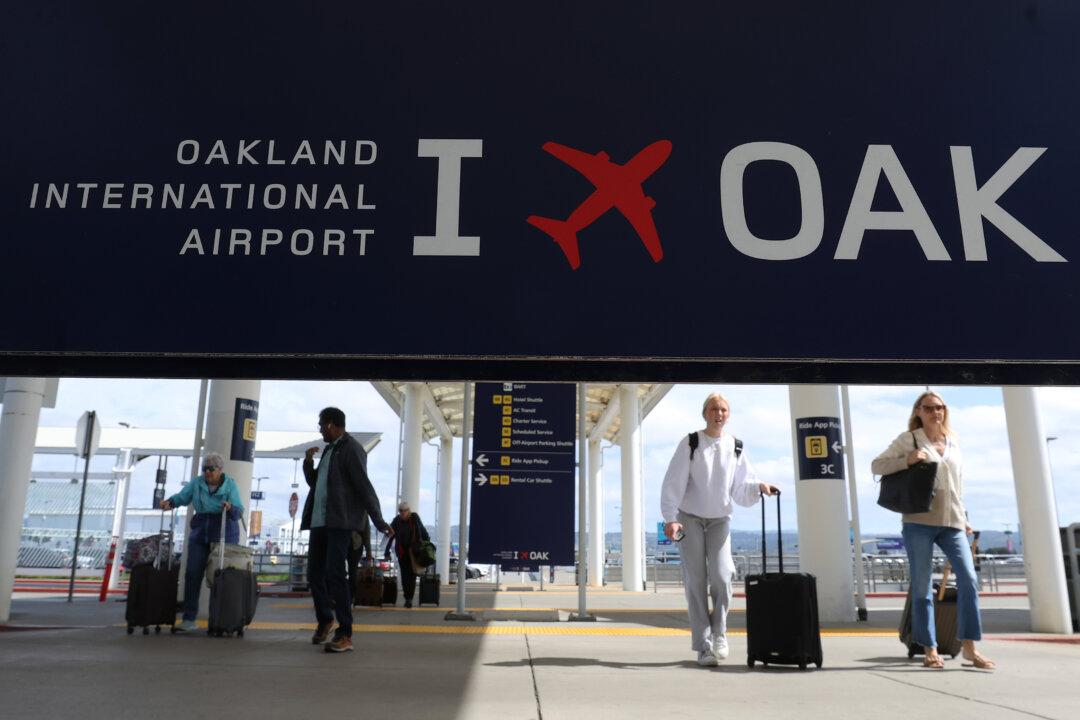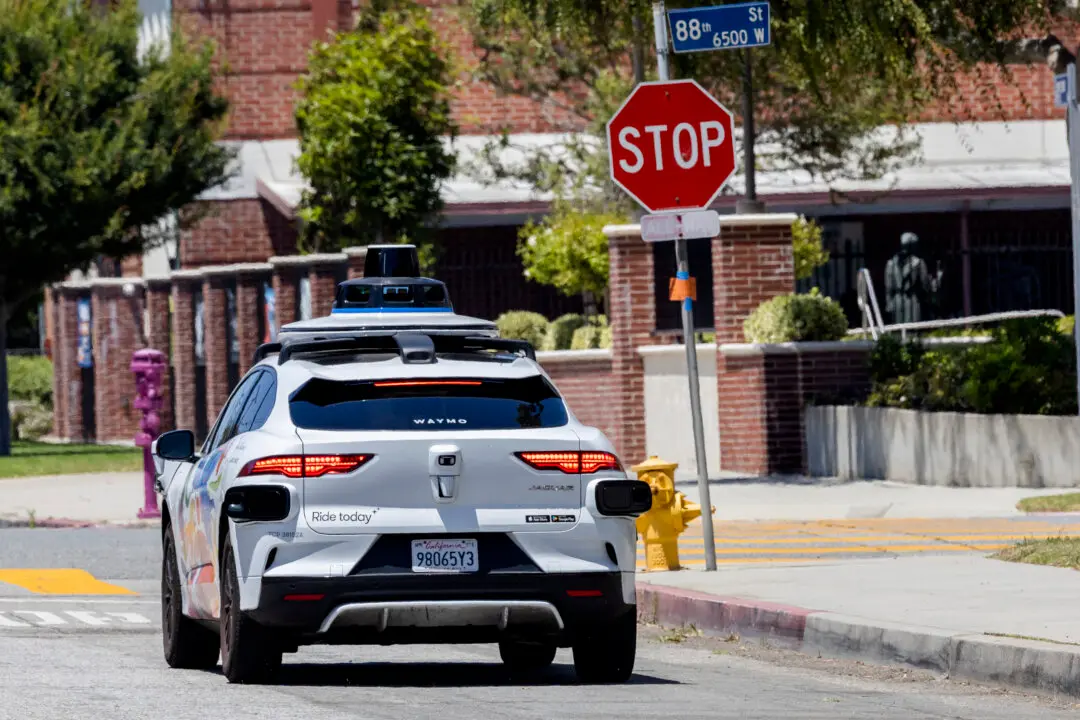SAN FRANCISCO—In a letter sent on July 12, Friends of Lowell Foundation, a group of parents, called for the San Francisco Board of Supervisors to place a ballot measure in the 2024 election to make Algebra 1 available again for 8th-graders.
Also on July 12, the California State Board of Education approved a new math framework that did not suit the parents’ wishes.





